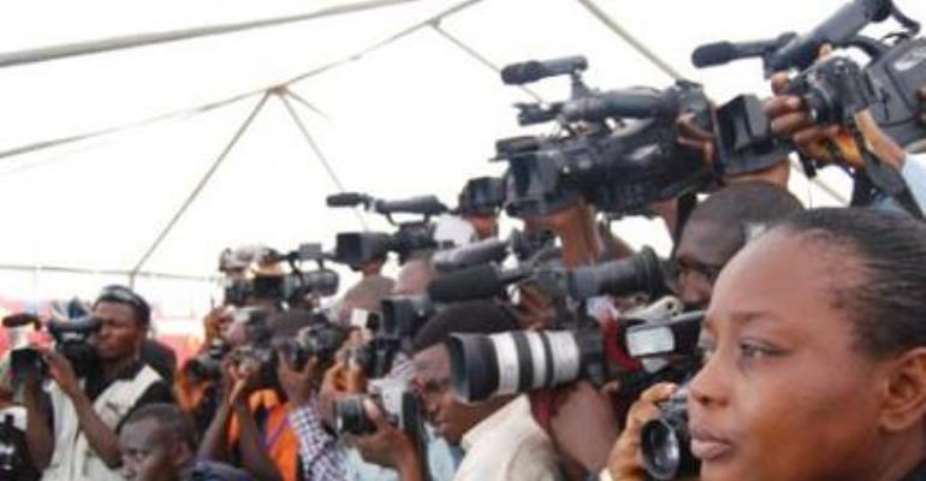The media has an important role in many aspects of development, ranging from governance through to inclusion, empowerment, and peace and youth involvement. It is a key vector that can help give practical meaning to concepts because it educate, inform and entertain the public.
This overview of the role of the media for instance explains why UNESCO in 2015 debated for the recognition and inclusion of the media as a relevant actor in the Sustainable Development Goals.
However, it was evident that, the role of the media can be very critical in ensuring the success of the 17 Sustainable Development Goals which was launched by the UN in 2016, since a target of goal 16 highlights on access to information.
Though, the impact of the media globally in creating, moulding and reflecting public opinion for development to thrive is recognized with much precedence attached to it, tracking and measuring the commitment of the media to the discourse has been a major challenge for actors in the sector over the years.
However, this among other critical issues of interest emphasize the need for effective media monitoring to scientifically research and measure the media commitment to advocating for development in the society.
Decades ago, media monitoring in Africa, mostly consisted of a simple clippings service that delivered news updates to clients and PR firms on a regular basis. For instance, media monitoring organizations such as Centre for Media Analysis (CMA), a leading Ghanaian agency and Meltwater, a South African organization originally began just as tools to monitor and catch media mentions.
As the years progressed, both client needs and technologies became more sophisticated, which resulted in media monitoring companies providing scientific analysis of the media contents to accurately measure PR efforts.
In recent times, Instead of just monitoring contents in both traditional and non-traditional media, some research organizations have ventured into mentoring and advocacy services.
One of such organization is the Institute of Africa Media Monitoring Intelligence and Advocacy (IAMMIA-Africa), a media research NGO. The NGO recently conducted scientific research on how the media report on suicide news stories and how African media presents the continent`s image to the western world which triggered public discussions in the media.
Undoubtedly, the impact of effective media mentoring in the development of Africa cannot be underestimated as it has greatly promoted most corporates strategic communication, advocates for the media to operate within the ethics, and encourages firms to monitor contents online and in social media to enable them leverage their competition.





 Reintroduce Fiscal Responsibility Act to tackle election budget overrun — Osafo ...
Reintroduce Fiscal Responsibility Act to tackle election budget overrun — Osafo ...
 Flooding: Obey weather warnings – NADMO to general public
Flooding: Obey weather warnings – NADMO to general public
 Fire in NDC over boycott of Ejisu by-election
Fire in NDC over boycott of Ejisu by-election
 NDC to outdoor Prof Jane Naana Opoku-Agyemang as running mate today
NDC to outdoor Prof Jane Naana Opoku-Agyemang as running mate today
 Ejisu: CPP seeks injunction to stop April 30 by-election
Ejisu: CPP seeks injunction to stop April 30 by-election
 Dismiss ECG, GWCL, GACL bosses over losses – United Voices for Change tells gov’...
Dismiss ECG, GWCL, GACL bosses over losses – United Voices for Change tells gov’...
 Submit 2023 audited financial statements by May – Akufo-Addo order SOEs
Submit 2023 audited financial statements by May – Akufo-Addo order SOEs
 Current power outages purely due to mismanagement – Minority
Current power outages purely due to mismanagement – Minority
 ECG hoists red flag to fight Ashanti Regional Minister over arrest of General Ma...
ECG hoists red flag to fight Ashanti Regional Minister over arrest of General Ma...
 Mahama’s 24hr economy will help stabilise the cedi; it’s the best sellable polic...
Mahama’s 24hr economy will help stabilise the cedi; it’s the best sellable polic...
